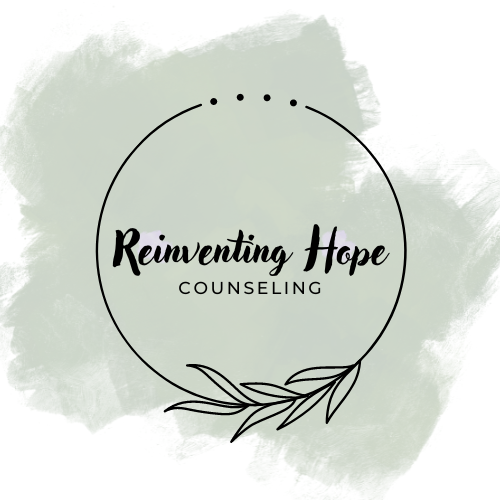How It Trauma Symptoms Manifests As Anxiety, Depression, and More.
How It Trauma Symptoms Manifests As Anxiety, Depression, and More.
The human experience is a journey woven with various emotions, memories, and interactions. Among these, trauma stands as a formidable force that can reshape the fabric of our lives. Trauma is not just an isolated event; it's a complex web of experiences that can cast a long shadow, influencing various aspects of our mental health and relationships. So what trauma is and how does it manifests into conditions like anxiety, depression, anger, relationship issues, and more?
Defining Trauma
Trauma is an emotional response to an overwhelming event or series of events that can leave a person feeling helpless, frightened, and out of control. It can stem from a range of experiences, including but not limited to physical abuse, emotional neglect, accidents, natural disasters, combat, and loss of a loved one. Trauma can shatter our sense of safety and security, leaving lasting imprints on our psyche.
Manifestations of Trauma (How Trauma Shows Up Masking As Something Else)
Anxiety: One of the most common manifestations of trauma is anxiety. Traumatic experiences can trigger the body's "fight or flight" response, leading to heightened levels of anxiety. Individuals might experience constant worry, restlessness, racing thoughts, and difficulty concentrating. This anxiety can be generalized or specific, often leading to panic attacks in some cases.
Depression: Trauma can also pave the way for depression. Feelings of hopelessness, helplessness, and a lack of interest in previously enjoyed activities are common indicators. Trauma can undermine a person's self-worth and create a cycle of negative thinking that fuels depressive episodes.
Anger and Irritability: Unresolved trauma can manifest as intense anger and irritability. Individuals might find themselves easily triggered, reacting with disproportionate rage to seemingly minor stimuli. This can strain relationships and isolate them from others.
Dissociation: Trauma survivors might experience dissociation, a defense mechanism where they disconnect from their thoughts, feelings, and surroundings as a way to cope with overwhelming emotions. This can make them feel detached from reality and lead to memory gaps.
Relationship Issues: Trauma can take a toll on relationships. Survivors might struggle with trust and intimacy, fearing vulnerability due to past betrayal or abuse. This can lead to difficulties in forming and maintaining healthy connections.
Self-Destructive Behaviors: Trauma survivors might resort to self-destructive behaviors like substance abuse, self-harm, or risky sexual behavior as a way to cope with their emotional pain.
Hyper-Vigilance: Trauma can heighten the body's alertness to potential threats, leading to a constant state of hyper-vigilance. Individuals might struggle to relax or feel safe, always on the lookout for danger.
Flashbacks and Intrusive Thoughts: Intrusive memories, nightmares, and flashbacks are common symptoms of trauma. These involuntary recollections can be triggered by sensory stimuli, causing the individual to re-experience the trauma as if it were happening in the present.
Healing and Recovery
Understanding the manifestations of trauma is the first step toward healing and recovery. Seeking professional help, such as therapy or counseling, can provide a safe space to process and make sense of the trauma. Therapists often use approaches like Cognitive Behavioral Therapy (CBT), Eye Movement Desensitization and Reprocessing (EMDR), and Dialectical Behavior Therapy (DBT) to help survivors manage their symptoms and regain a sense of control.
Trauma is a deeply complex and multifaceted experience that can shape our mental health and relationships in profound ways. By acknowledging the manifestations of trauma such as anxiety, depression, anger, and relationship issues, we can start the journey toward healing and recovery. Remember, seeking support is a sign of strength, and with the right tools and resources, it's possible to overcome the shadows of the past and move towards a brighter, more resilient future.

